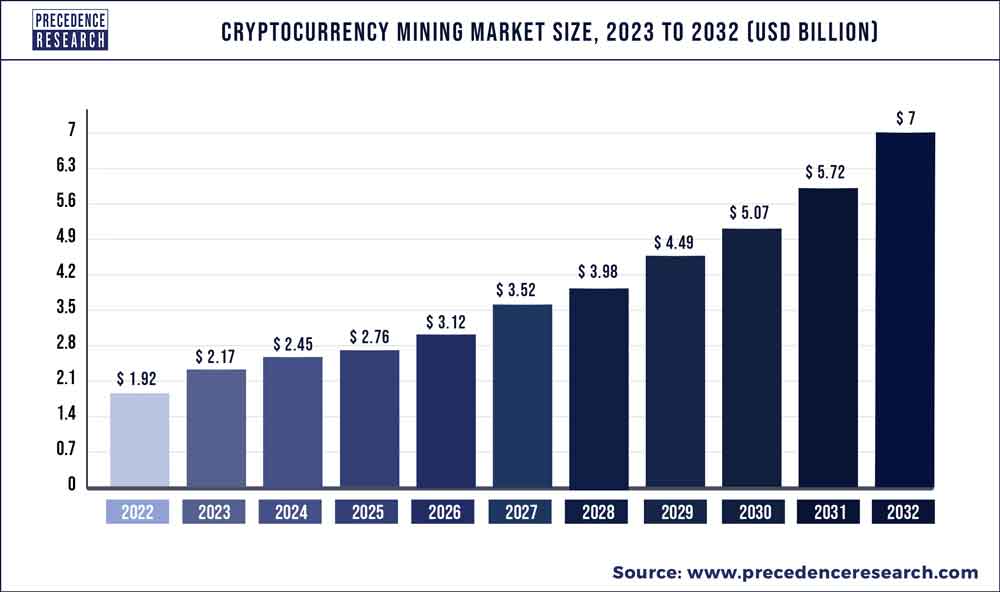Cryptocurrency Regulations: A Labyrinth of Uncertainty
The cryptocurrency market has been plagued by regulatory uncertainty, with governments and financial institutions struggling to keep pace with the rapidly evolving landscape. In recent weeks, a series of developments have shed light on the complexities of crypto regulations, highlighting the need for clarity and consistency.
A federal judge has ruled that the Securities and Exchange Commission (SEC) has plausibly alleged that Binance, Binance.US, and Changpeng Zhao violated federal securities laws. This ruling has significant implications for the crypto industry, as it sets a precedent for the regulation of cryptocurrency exchanges.
Regulatory uncertainty plagues the crypto market
Meanwhile, the Internal Revenue Service (IRS) has established a reporting system for crypto brokers, but has set aside rules for decentralized finance (DeFi) and unhosted wallets as it continues to study over 44,000 comments. This move highlights the challenges of regulating a rapidly evolving industry, where new technologies and business models are emerging at an unprecedented pace.
“The lack of regulatory clarity is a major obstacle to the growth of the crypto industry.” - Industry Expert
The SEC has also alleged that MetaMask acted as an unregistered securities broker and that its staking service violated securities laws. This development underscores the need for clear guidelines on the regulation of decentralized applications (dApps) and other crypto-related services.
MetaMask under scrutiny for securities violations
In the midst of this regulatory uncertainty, district judges’ opinions on whether a given token is a security or not have become crucial in determining the level of regulation. This has led to a patchwork of regulations, with different jurisdictions adopting different approaches.
The classification of tokens remains a contentious issue
As the crypto industry continues to evolve, it is essential that regulators and policymakers work together to establish clear and consistent guidelines. This will provide the necessary clarity and certainty for businesses to operate and innovate, ultimately driving the growth of the industry.
The future of cryptocurrency regulation remains uncertain
In conclusion, the recent developments in crypto regulations highlight the need for a coordinated approach to regulating the industry. As the market continues to evolve, it is essential that regulators and policymakers work together to establish clear guidelines and ensure that the industry can operate in a fair and transparent manner.


 Photo by
Photo by 











